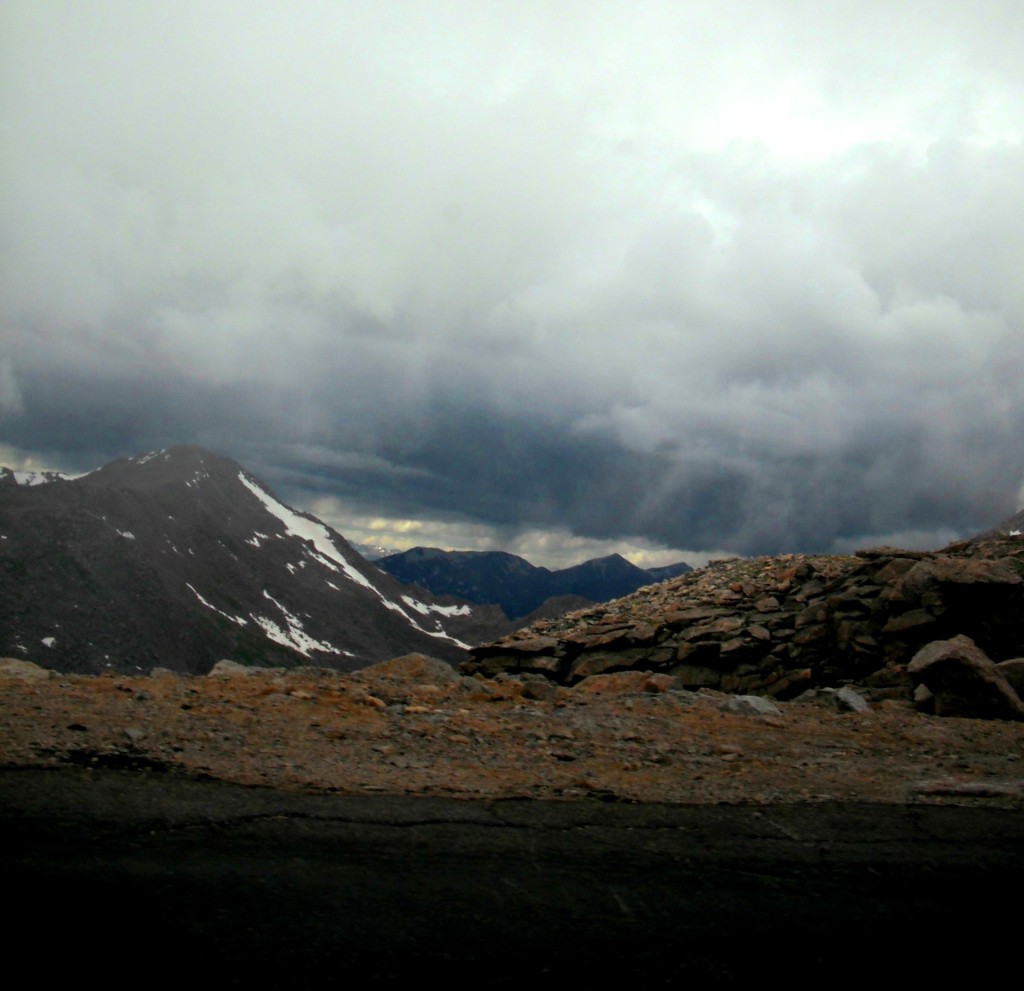Desert Light
West of Vega and San Jon. Way, way west of Amarillo. It isn’t the bus station I’m looking at. It’s the toilets, with the cow shit smeared on the walls of each stall. Curly-tipped, like merengue on the top of a pie.
I stare at it, trying to understand how it got there, when a road-jolt or a horn-blast from a semi wakes me up. I jerk quick, look around.
The rest of the bus is silent. Most asleep. The two teenagers. The kid with braces and his mother. The three fat guys on the back seat, carpenters or something.
The old man in the seat next to me is still snoring, like it’s a disease. Drool on his jacket sleeve.
Don’t take the bus is my advice. At least not from Oklahoma City, starting yesterday, like I did. But an Army guy like me, right now especially, has no choice.
The dream—the cow shit dream, I mean—was one of the ugly ones. Bus station toilets along this route are bad—overflowing or out-of-order. But the ones in the dream, which I have a lot, felt much worse.
Light rising now, a little—from behind us because we’re headed due west across New Mexico. Desert light, flat and long, makes the road signs seem tall. My legs, I crook them sideways into the aisle because they hurt. You stretch though, and you bang your hands on the luggage shelf.
How else to go home? Three weeks before shipping out overseas. They don’t tell us where exactly. But we know it isn’t stateside. And my mother, when she heard, asked me to come out to see her for a few days. So the bus ticket to Fresno.
Riding across flat highways in the middle of a flat bowl of dust and sand and a bluish pencil line of hills in the distance, I like this in a way. Even with all the bus stations pitted and parked in the bad parts of towns. I like riding eye-level with the truck drivers. Riding past convertibles, with women wearing red shorts or tight slacks.
On the way out of Oklahoma City, afternoon yesterday, I started chatting with a gray-haired woman. A lot like my mother I guess. She said she was going to see her sister in Tucson, a Jehovah’s Witness, who wanted her to come to hear about the spirit of the lord. Why would you want to go I asked. Because she’s a dear woman, and I love her she said. And who knows, maybe I’ll be saved in the process. She scrunched up her face as she said it.
In the middle of the night, maybe around Amarillo—and the bus was crowded then, I don’t know why—I had to stand for two hours. I’m holding onto the seat, about half way down the aisle, trying not to fall. And this guy behind me sways his hips into my butt. I tried to look at him, but it was dark and packed. So I pushed back, then I did it again hard just as the bus swayed left, and I heard him fall onto two old ladies, who screamed. I tried to find him in the crowd later, at the station. I would’ve taken a swing at him.
The blue sky is up now. I can see it out both sides of the bus. A man in a green sweatshirt, who has played solitaire all night, sees me look out and leans back so I can see past him. I nod.
Imagine living out here. In a little house of concrete blocks or a trailer. A couple of lawn chairs, a couple of dogs. Flat and empty. A place where the only red you’d see is the sunsets.
A guy behind me lights a cigarette, and the woman across the aisle, she’s been reading a thick book for hours, tells him that he should know better. There are children in this bus. They shouldn’t have to breathe that filth. He draws twice, hard, then puts it out without looking at her.
We’ve started heading south now. The sun spreads across my lap and hands, and reminds me how cold I’ve been. The warmth loosens my legs a little. But getting warm reminds me that I’m hungry. Which reminds me that my mother promised apple pies when I get there. Which reminds me that the grilled cheese I had at the last station, maybe 2 a.m. or 3, smelled like a damp crawl space
Why are we slowing down? It’s the woman with the book talking. A sharp tone in her voice. Several people lean into the aisle to see the road ahead. The old guy next to me swears under his breath.
Probably six cars are stopped ahead of us, all in the lane. Beyond them, two police cars are sitting crosswise in the highway. Several cops are walking from car to car.
The guy behind me who lit the cigarette says something like mother of god this is going to take forever. The woman with the book slaps him on the arm and says shut up for once will you.
I can see that two cops are now directly in front of our windshield, with pistols drawn. Long time before we get to Fresno.
Ronald Geigle is a writer living in Washington, DC. His novel, The Woods, was published in 2014 and is set in the Pacific Northwest during the waning years of the Great Depression. Previously, he worked in Congress and as a speechwriter. Geigle grew up in the West.
